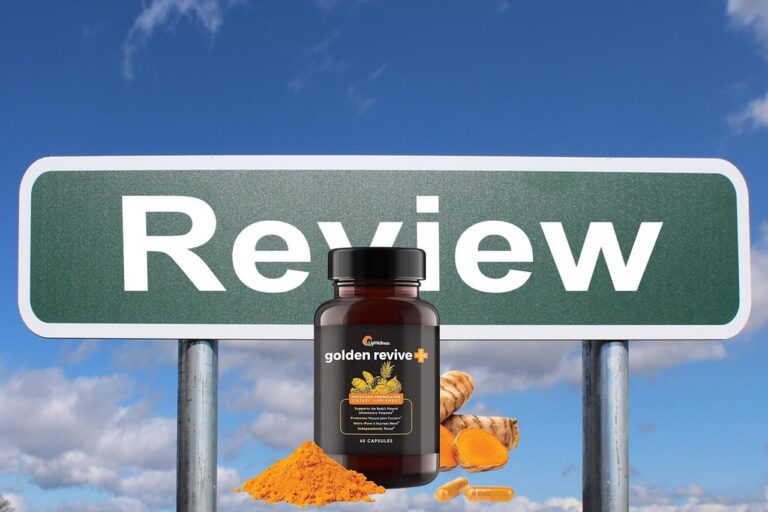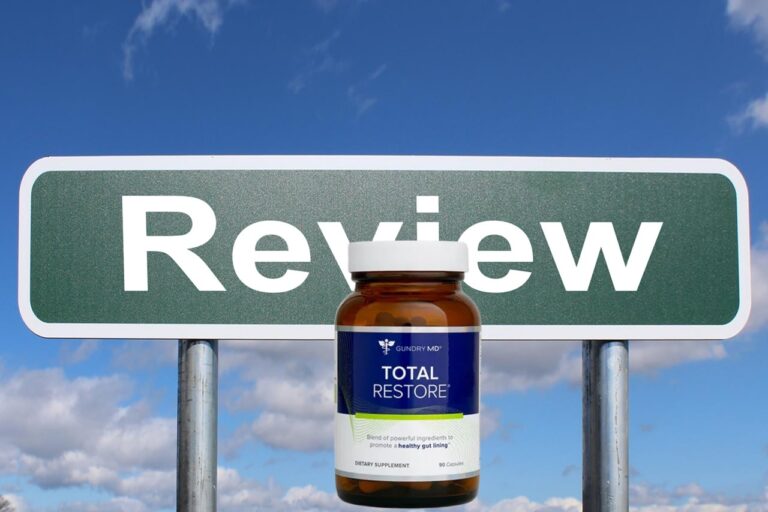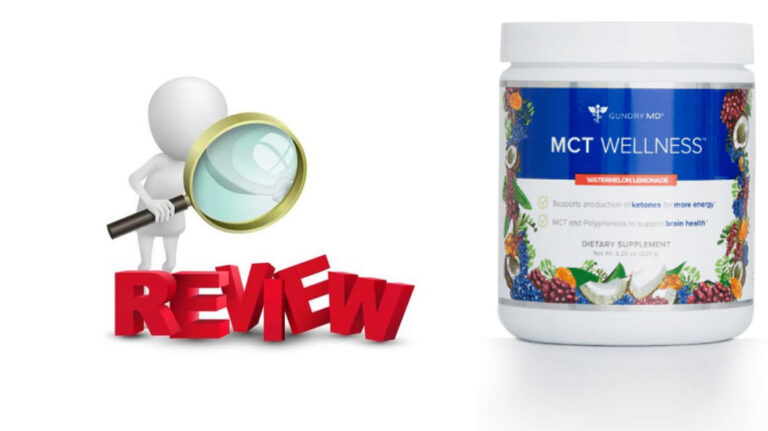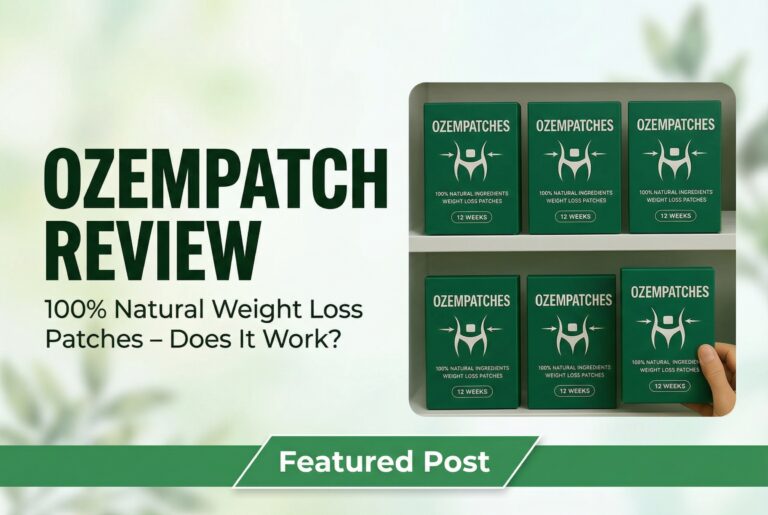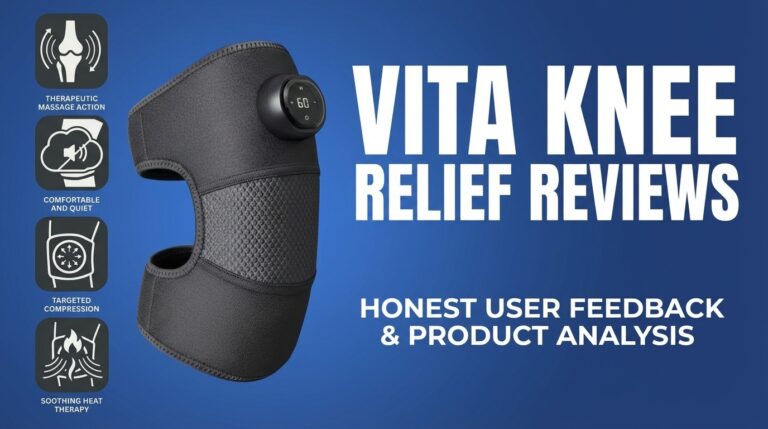
Think of your favorite gourmet olive oil, elegantly packaged and brimming with quality—what if that could be yours? The private label business model offers you a unique chance to source high-quality olive oil and rebrand it under your own label. But before you jump in, there are essential steps and considerations to navigate. What do you need to know to make your brand stand out in a competitive market?
Understanding the Private Label Business Model
The private label business model is a powerful strategy that allows you to create and market products under your own brand name. This approach gives you the freedom to design a unique identity, setting your products apart from competitors. By selecting the right manufacturers, you can offer quality items that resonate with your target audience. You’ll also have control over pricing, which can lead to higher profit margins. Additionally, this model empowers you to respond quickly to market trends and customer feedback, enhancing your brand’s relevance. As you build your brand’s reputation, you’re not just selling products; you’re cultivating a lifestyle and community. Embrace this model to release your entrepreneurial potential and achieve the liberation you seek. Furthermore, sourcing high polyphenol content olive oil can significantly enhance your product’s appeal to health-conscious consumers.
Sourcing Quality Olive Oil for Rebranding
When you’re ready to source quality olive oil for rebranding, it’s crucial to prioritize authenticity and flavor. Start by researching reputable suppliers known for their high-quality products. Look for oils that come from single-origin regions, as these often have distinct flavor profiles and characteristics. Attend trade shows or tastings to sample different oils and connect with producers who share your vision. Don’t hesitate to ask for certifications, like organic or extra virgin, to guarantee quality. Establish strong relationships with suppliers; transparency and communication are key. Finally, consider sampling small batches first. This allows you to assess the oil’s flavor and quality before committing to larger quantities. Your choice will greatly impact your brand’s identity and customer satisfaction.
Legal Considerations and Label Regulations
How can you guarantee your olive oil brand complies with legal standards and label regulations? Start by familiarizing yourself with the rules set by the FDA and any local authorities. Ascertain your labels accurately reflect the product—ingredients, origin, and nutritional information must be truthful and compliant. You’ll also want to avoid misleading claims about health benefits or sourcing. Conduct thorough research on certifications, such as organic or extra virgin, which might require specific documentation. It’s wise to consult a legal expert in food regulations to navigate complexities. By staying informed and proactive, you’ll not only protect your brand but also build trust with consumers who crave transparency in what they buy.
Designing Your Olive Oil Brand and Packaging
After ensuring your olive oil brand meets all legal standards and label regulations, the next step is to create a compelling brand identity and packaging that resonates with consumers. Start by defining your brand’s story and values. This narrative should reflect the essence of your olive oil, whether it’s organic, artisanal, or sustainably sourced. Choose colors and fonts that evoke the feelings you want your customers to experience. For packaging, opt for materials that convey quality and eco-friendliness, such as glass bottles with elegant labels. Don’t forget to include essential information like tasting notes, origin, and usage suggestions. This thoughtful design not only attracts attention but also builds trust, allowing your brand to stand out in a competitive market.
Marketing Strategies for Private Label Olive Oil
To successfully market your private label olive oil, you’ll want to leverage a combination of digital and traditional strategies that resonate with your target audience. Start by creating a strong online presence through social media platforms, showcasing your product’s unique qualities and health benefits. Engage with your audience through informative content, like recipes or usage tips, that sparks their interest. Collaborate with food bloggers and influencers to expand your reach and build credibility. Don’t underestimate the power of local events or farmers’ markets; they offer a great opportunity for direct interaction. Utilize eye-catching packaging to attract attention on shelves. Ultimately, connect emotionally with consumers by sharing your brand story, fostering a sense of community around your olive oil.
Pricing Your Rebranded Olive Oil
Setting the right price for your rebranded olive oil is crucial to your business’s success. You’ll want to analyze your costs, including production, packaging, and shipping. Factor in your desired profit margin, but don’t forget to take into account your target market. Research competitors to understand their pricing strategies—this can help you position your product effectively. If you’re aiming for a premium market, a higher price might be justified, emphasizing quality and unique attributes. Conversely, if you’re targeting a budget-conscious audience, make sure your price reflects accessibility. Finally, be flexible; adjust your pricing based on customer feedback and sales performance. Your pricing strategy can empower your brand and attract the right customers, fostering long-term growth.
Distribution Channels for Your Olive Oil Product
Choosing the right distribution channels for your olive oil product can greatly impact your brand’s reach and sales. Understanding where and how to sell your product is essential for success. Here are four effective distribution channels to take into account:
- Online Retail: Utilize e-commerce platforms like Amazon or your own website for direct consumer sales.
- Local Farmers’ Markets: Engage with customers directly and build a loyal local following.
- Specialty Stores: Partner with gourmet shops or health food stores that align with your brand ethos.
- Wholesale Distributors: Collaborate with distributors to access a broader market and convenience.
Building Relationships With Suppliers and Retailers
Building strong relationships with suppliers and retailers is essential for the success of your private label olive oil brand. Start by communicating openly with your suppliers about your vision and quality standards. This transparency fosters trust and can lead to better product options and pricing. Don’t hesitate to visit suppliers in person; face-to-face interactions can markedly strengthen your bond.
When it comes to retailers, understanding their needs is key. Tailor your approach by highlighting how your olive oil can enhance their product offerings. Regular check-ins and feedback sessions will keep the relationship vibrant. Remember, collaboration is a two-way street. By investing time in these relationships, you’ll create a supportive network that empowers your brand to thrive in a competitive marketplace.
